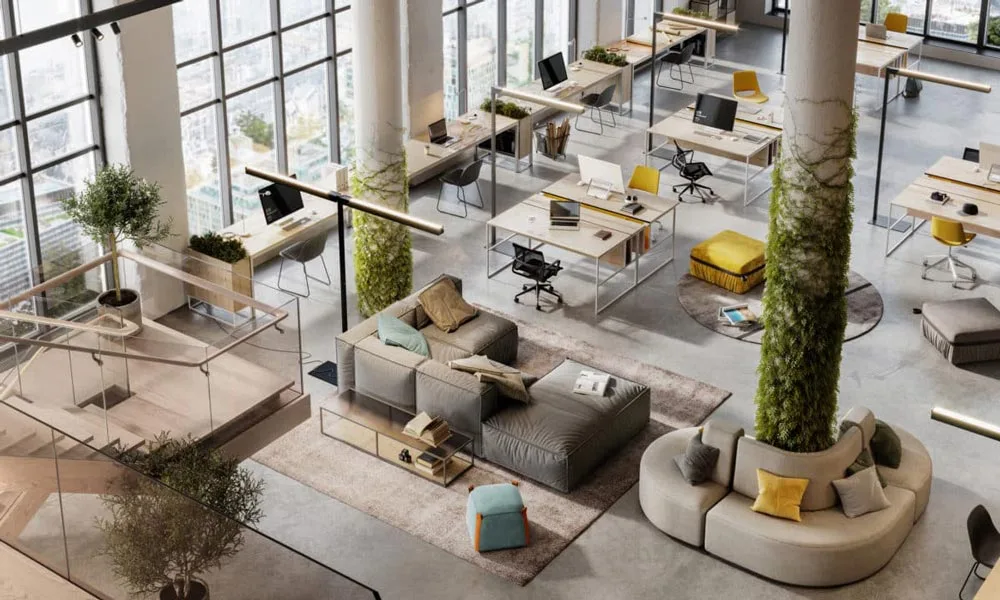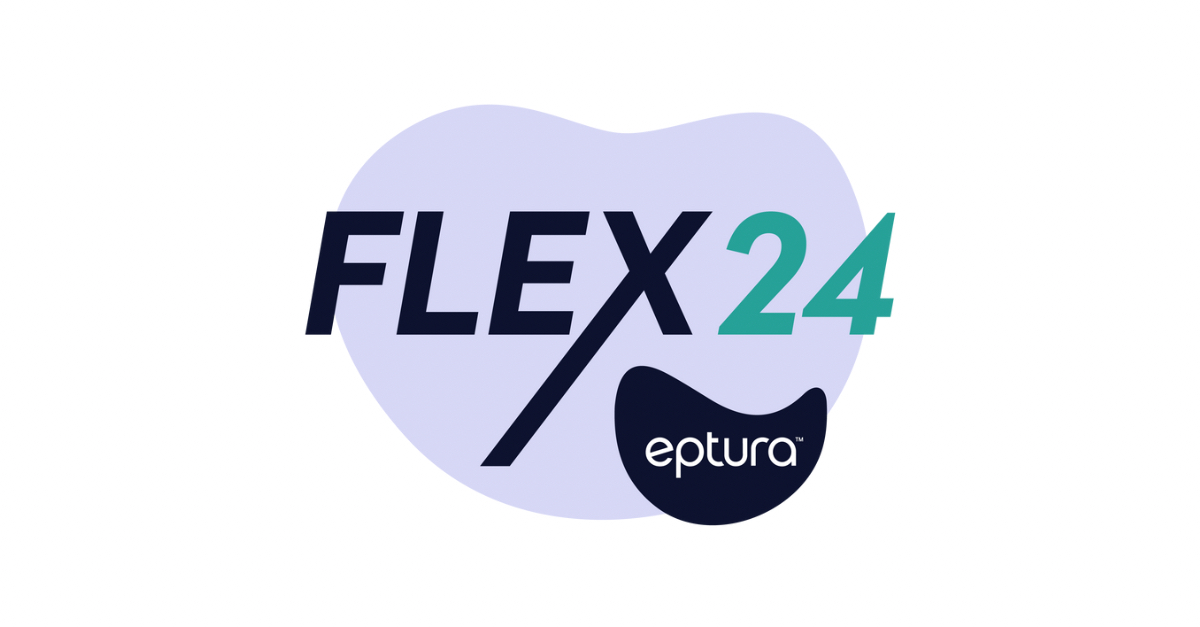
Hoteling is a great solution to limited office space. If you’ve got more people than desks, office hoteling is a way to share those desks in a way that’s more than just non-disruptive. It’s also a great way to increase connection and collaboration. But to enjoy the benefits of this space utilization strategy — for both companies and employees — everyone needs to follow best practices.
Implementing office hoteling concepts requires the right approach. Without a good plan for coordinating desk assignments, your office can quickly descend into chaos. The last thing you want are some desks doubled up while others sit empty, or employees get lost in the shuffle of ever-changing seating arrangements.
Centralize desk booking and management
First, invest in good office hoteling software — you’ll need it. Centralizing all aspects of hotel desk booking and management is key to making it work.
How do you know which system to implement? Here are a few must-have features in office hoteling software:
- Interactive floor plans: You’ll need a way to physically see what desks are open and where people are sitting. Having everything on lists is counter intuitive. It’s much easier to visualize the space with accurate floorplans.
- Integrations: You’ll need software that ties into your communication platforms and other software to make it part of your ecosystem. Try to get everything as seamless as possible, so you have everything easily accessible.
- Mobile accessibility: On that same topic, having it all mobile is important, too, especially if your facilities are larger and you’ll be coordinating hotel desks on the go. Remember, you’re trying to make sure everyone has a place to sit and work when they need it, but you can’t do that if you must be seated at your own desk in front of your desktop computer to make and track changes.
Beyond these features, your hotel desk booking platform should be easy-to-use, cloud-hosted for ultimate accessibility, real-time enabled, and customizable to your facilities.
When centralizing hotel desk booking and management, you should also centralize its oversight. Having a facility manager or desk coordinator in charge of managing the hoteling is a good idea. They’ll serve as a single point of contact and knowledge regarding your hotel desking policies — whether it’s workers with questions about their arrangement or executives with queries about utilization trends. Everyone has their part to play in making the program a success, but just like every ship needs a captain, your desk hoteling program needs a leader.
Have a booking process in place
What’s office hoteling without a booking process? Once you’ve got the software and the person running the show, it’s time to develop a booking process to fill the hotel desks. Here’s a basic example of a system that’s straightforward, organized, and simple:
- Employees without a desk report to the facilities manager when they arrive
- The manager checks the system, assigns a desk, and forwards all the required information
- When the worker leaves for the day, they sign out or check out with the manager
A standardized process makes sure no steps are skipped, such as forgetting to email a worker their desk details or failing to log the specific desk they’re occupying.
But notice how this specific system relies on a person as a point of contact. With the right software solution, you can empower employees to book their own desks, streamlining the entire process. Just make sure the instructions are clear on booking and usage protocols.
Use wayfinding and clearly label desks
For any hotel or hot desk setup, wayfinding is important. Having desks and areas clearly labeled helps workers find their temporary space easily. Physical signage is an option, but digital wayfinding is more the current standard.
Some wayfinding best practices include:
- Label every hotel desk in a uniform fashion. Examples include numbering (001), alpha-numeric labels (B22), or unique identifiers (Green Desk)
- Use email confirmations to communicate wayfinding information or instructions. Examples include linking to a floorplan of your offices or providing directions (“second floor, left out of the elevator, third desk on the right”)
- Populate a searchable directory that’s automatically updated in real time as employees check into hotel desks
Integrate information technology (IT)
Technology is critical for successful hotel desks. It varies according to company, industry, and the type of work most employees using the desks do, but as a general rule of thumb, desks should have a phone, an extra monitor, and a cable hub. Because most employees bring their own work laptops with them, you don’t need to supply a desktop computer.
Make sure to provide details in booking confirmation emails or have information displayed at hotel desks. This can include usernames, passwords, Wi-Fi guest credentials, phone extensions, and IT support contact information.
Set expectations
It’s important to set expectations for hotel desks. Specifically, you want standardization and order when dealing with spaces that are structured around uncertainty. Here are a few variables to consider:
- Have a cleaning policy or a “reset” process for shared desks. Make sure they’re fresh and welcoming for everyone who uses them
- Make communication clear and straightforward. Hot desk residents should always know who to contact when they need something. It could be as simple as having a list of phone numbers on each desk, but you should also include emergency contact information in the desk hoteling confirmation
- Provide a hotel desk manual or policy document to answer questions and address concerns.
If you’re worried about the paper copies on desks going missing, you can have an online version that everyone can access and that you can update more easily.
Offer different workspace options
Because people come into the office for different reasons, you need a variety of workstations to meet their needs. Although there’ll likely always be that core group who just need a simple desk, others might be hoping for options that better support working directly together with others. It’s also a good idea to have a section for quiet focus and another with a more social, collaborative atmosphere. When employees book a desk, they should be able to find a spot that best meets their overall style or specific requirements for the day.
Successful office hoteling implementation
You’re bound to encounter challenges and setbacks with hotel desks. You can’t plan for everything! What will make or break your hotel desking strategy is your ability to adapt to and adjust to problems and challenges. Follow the above best practices and stay invested in the hotel desking process — the other details work themselves out over time as everyone in the office finds the processes that work best for them.


